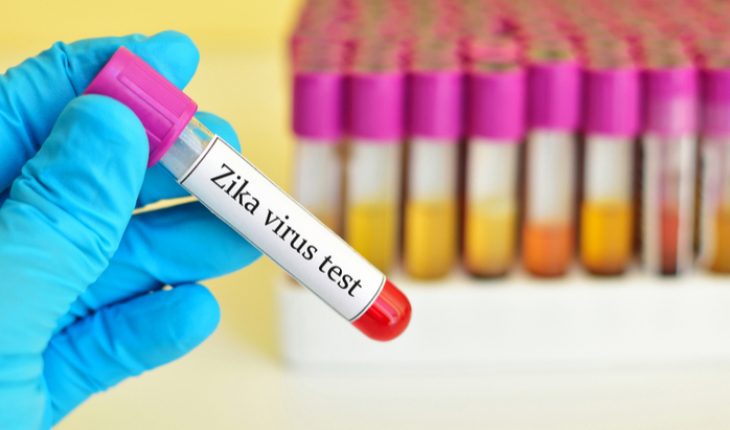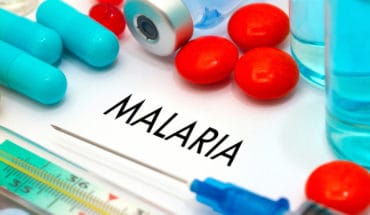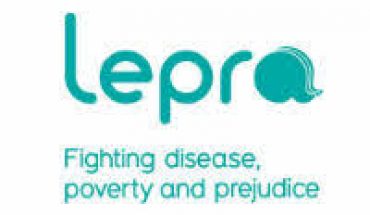People around the world could benefit from new vaccines to target deadly diseases such as Ebola, Plague and Zika, as the UK Government announces a further £22 million for new vaccine research, bringing the total UK funding to £71 million.
The funding, which will target some of the world’s deadliest diseases, is announced as the Health Secretary Jeremy Hunt meets with World Health Organisation delegates and global health ministers in London for the annual Global Health Security Initiative Meeting.
Infectious diseases still pose a significant threat to people across the globe, often affecting the poorest and most vulnerable people. The recent Ebola outbreak in West Africa in 2014/15 caused over 11,000 deaths and cost an estimated $3.6billion to bring under control. Infectious diseases still pose a significant threat to people across the globe, often affecting the poorest and most vulnerable people.
The recent Ebola outbreak in West Africa in 2014/15 caused over 11,000 deaths and cost an estimated $3.6billion to bring under control.
Now seven UK research projects developing vaccines for Chikungunya, Ebola, Nipah, Plague and Zika have each received between £1 million and £5 million of funding from the Department of Health and Social Care, to help prevent this loss of life.
One project in particular, led by Imutex Limited, has received £3.6million of funding to advance research into a vaccine which targets the transmission of disease by mosquitos rather than any specific disease. This project has now successfully reached human trials.
Health Secretary Jeremy Hunt said: “This research has the potential to save thousands of lives in areas of the world that are still disproportionality affected by infectious diseases. I’m proud that we’re funding UK scientists to continue to lead the global effort to tackle the world’s deadliest diseases.”
The UK government has committed to spend £110m on vaccinations to help prevent epidemics by 2021, of which £71million has now been committed. These seven projects join a further 53 research projects which are advancing the development of vaccines for twelve priority diseases, all directly funded by the UK Government.
The research also investigates solutions to epidemiological and manufacturing issues to enable such vaccines to be used by medical professionals across the world, regardless of the conditions.
The research also investigates solutions to epidemiological and manufacturing issues to enable such vaccines to be used by medical professionals across the world, regardless of the conditions.
Kym Denny, Director Imutex and CEO of hVIVO said: “A single mosquito vaccine that can reduce the effects of multiple diseases while at the same time impacting the mosquito population is ground breaking and life-saving and we are very proud to be involved in this project and very grateful for the foresight and backing from Innovate UK.”
Dr Matthew Snape, Consultant Vaccinologist at the Oxford Vaccine Group, University of Oxford said: “The extraordinary response to the Ebola virus epidemic of 2013 to 2015 included rapid development of several potential vaccines against this deadly virus, many of which had their ‘first in human’ dose given in studies led by the University of Oxford. Funding from the Department of Health and Social Care is allowing us to revisit this unique cohort to study how long the immune response to vaccine against Ebola virus lasts for, and assess the response to a late booster dose of vaccine. These studies will be done in both the UK and Senegal, and will provide world-first data that will be crucial in informing the best use of Ebola virus vaccines moving forward.”
- New lipid-based pathway discovered as key to memory formation - 25th June 2025
- Crucial link could explain how Alzheimer’s takes hold - 25th June 2025
- Understanding Your Mind Can Improve Daily Life - 25th June 2025






